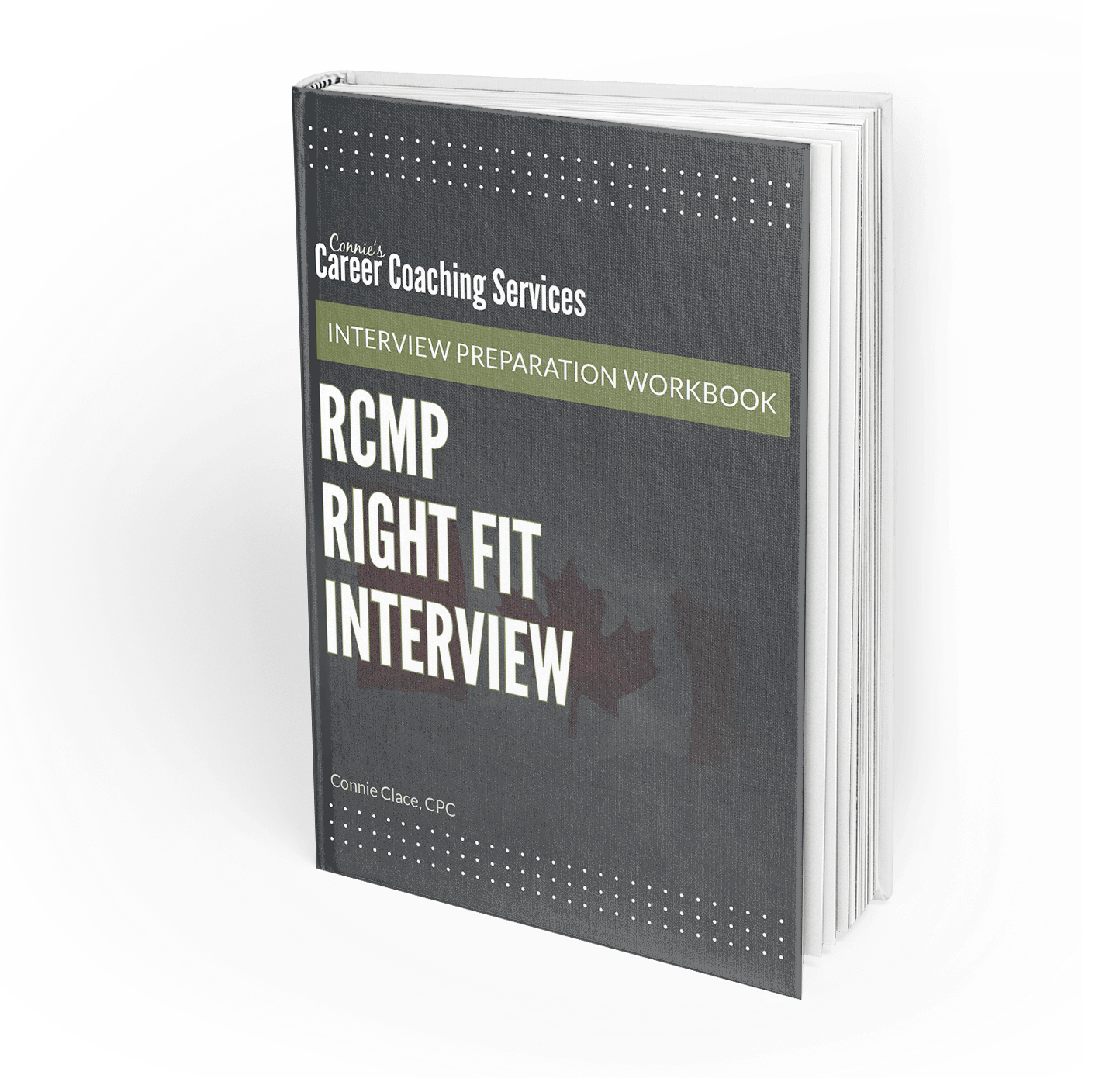Resume Writing 101 – Back to Basics
What are the basics that we need to remember when writing a good resume? We all know that you need to understand what the Hiring Manager is looking for in a prospective employee. And we know that you must submit a resume that demonstrates that you meet those needs. But what about the basic errors that you might make that will get your resume tossed into File 13?
Errors to Avoid
-
Typos
- Have you ever read something that has typos in it? It doesn’t leave you feeling very confident about the author, does it? The majority of resumes are rejected due to typos. This seems like very basic advice, but you would be surprised by the number of people that don’t review their resumes carefully enough to ensure there are no typos.
-
Generic Resume
- Submitting a master resume to every job for which you apply will not likely land you that interview. You must make sure that you target each resume to the job, highlighting how you meet each of the criteria that the Hiring Manager requires. However, be careful not to simply cut and paste required skills and qualifications directly from the job poster. Use your own words and align your skills and experience with those that are required.
-
Not including valid contact information
- Everyone knows that you have to include your contact information, but if you include an email address or a phone number that you don’t check on a regular basis, you could miss out on that all important call or message inviting you to an interview. Also, don’t forget to include LinkedIn information. Hiring Managers are using LinkedIn as another tool when searching for the right candidate for their job.
-
Unprofessional information/format
- If you include an email address that is inappropriate, you will not be seen as someone who will be a good fit for a professional organization. That also holds true if you submit your resume on flowery or brightly colored paper. Professional is the key word here. Your resume is the first look that the Hiring Manager has of you, so give him a good first impression.
-
Work experience without proper dates
- When Hiring Managers are reviewing your experience, they want to know how long you have worked at each job. This information validates the amount of experience you have gained. If you simply show the years that you were at one location, it will not accurately reflect the amount of experience you have gained at that particular job. For instance, if you give a date range of 2010-2011, it could mean that you have worked at that location for one month or two years. Be clear. Include the months so there is no question how much experience you have.
It’s important to ensure that you capture valid, relevant information, that is targeted directly to the position for which you are applying. However, if you make these little mistakes, it could be the difference between you getting an interview or not. Of course, these same rules apply to your cover letter. Give your resume and cover letter to someone else to read, either experienced hiring managers or a Certified Professional Career Coach, to help you make it the most professional document that it can be.
Do you know someone who is faced with this challenge? Feel free to share this post by using the share links at the top of this page. Also, if you’d like more resume and cover letter tips, feel free to check out the resume resource page.


Leave a Reply